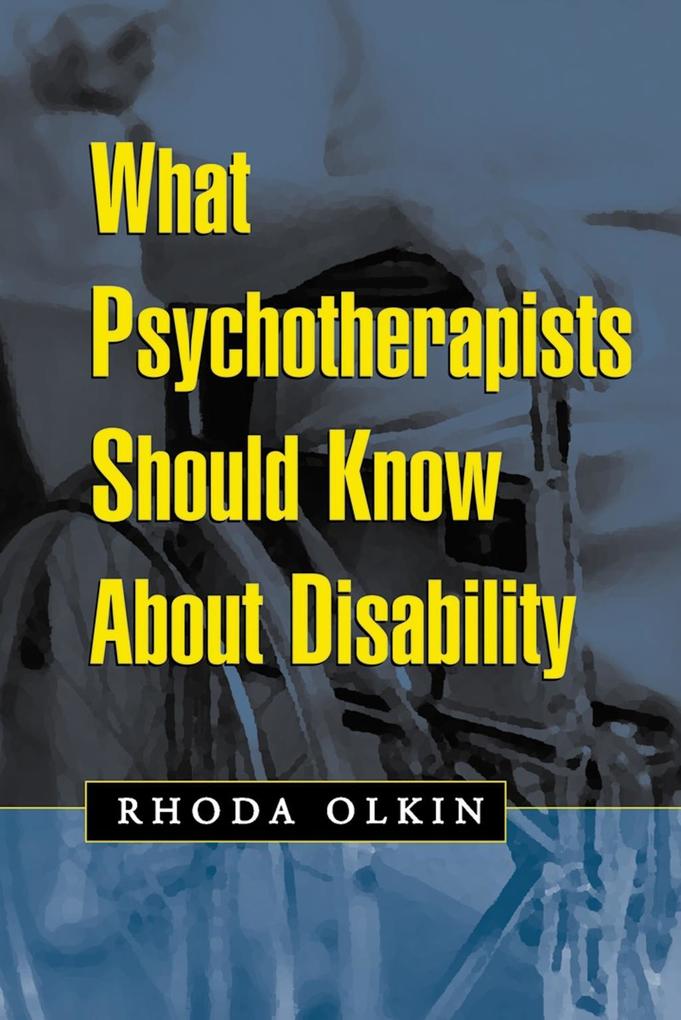
Sofort lieferbar (Download)
This comprehensive volume provides the knowledge and skills that mental health professionals need for more effective, informed work with clients with disabilities. Combining her extensive knowledge as a clinician, researcher, and teacher with her personal experience as someone with a disability, Olkin provides an insider's perspective on critical issues that are often overlooked in training. A lucid conceptual framework is presented for understanding disability as a minority experience, one that is structured by social, legal, and attitudinal constraints as well as physical challenges. Illuminating frequently encountered psychosocial themes and concerns, chapters describe a range of approaches to dealing with disability issues in the treatment of adults, children, and families. Topics addressed include etiquette with clients with disabilities; special concerns in assessment, evaluation, and diagnosis; the impact of disability on sexuality and romance, as well as pregnancy, birthing, and parenting; the use of assistive technology and devices; disability and substance abuse; and more. Filled with clinical examples and observations, the volume also discusses strategies for enhancing teaching, training, and research.
Produktdetails
Erscheinungsdatum
06. April 2012
Sprache
englisch
Seitenanzahl
368
Autor/Autorin
Rhoda Olkin
Verlag/Hersteller
Kopierschutz
ohne Kopierschutz
Produktart
EBOOK
Dateiformat
EPUB
ISBN
9781462506132
Entdecken Sie mehr
Bewertungen
0 Bewertungen
Es wurden noch keine Bewertungen abgegeben. Schreiben Sie die erste Bewertung zu "What Psychotherapists Should Know About Disability" und helfen Sie damit anderen bei der Kaufentscheidung.









